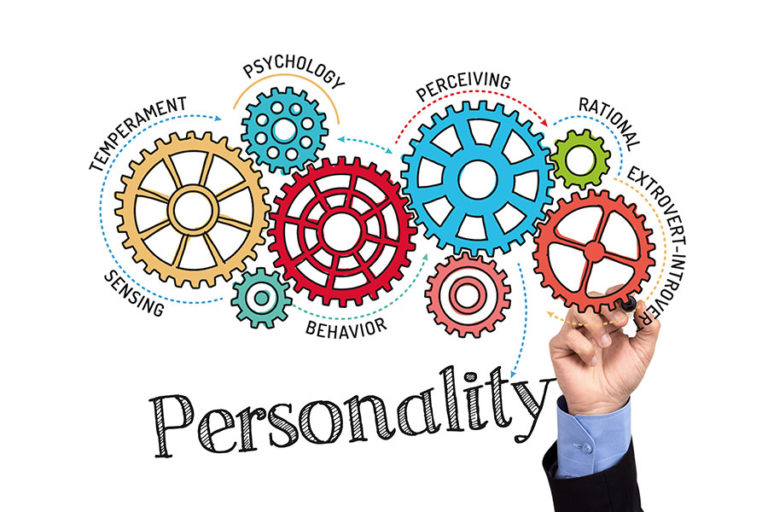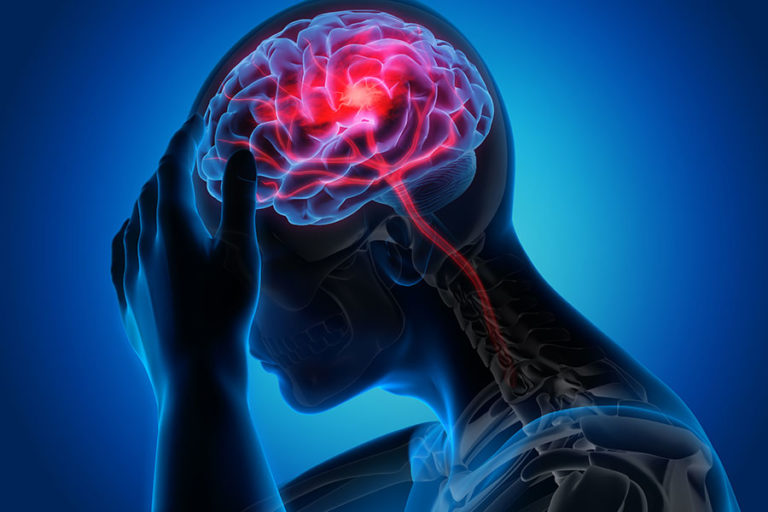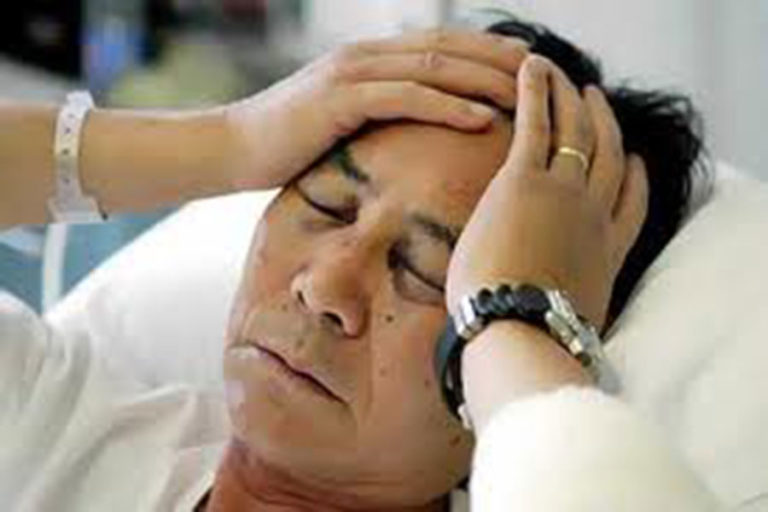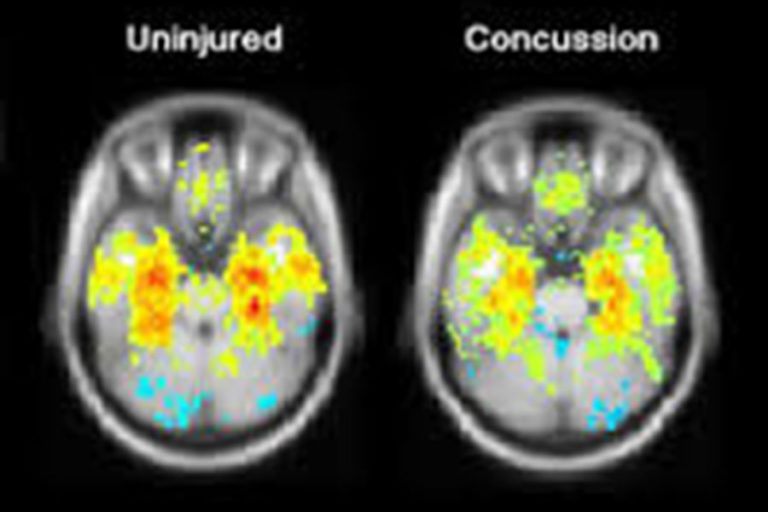Medically Conscious but Legally Unconscious?
Conscious or Unconscious? Can someone be medically conscious but considered legally unconscious? What an interesting conundrum! According to the Oxford Dictionary, “unconsciousness is the state of being unconscious or the state of being uninformed or…















